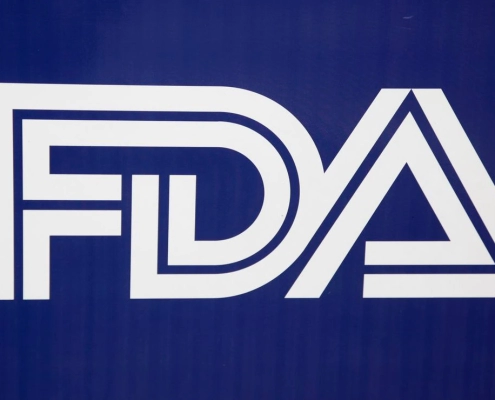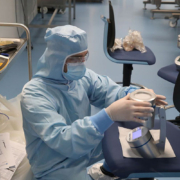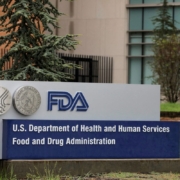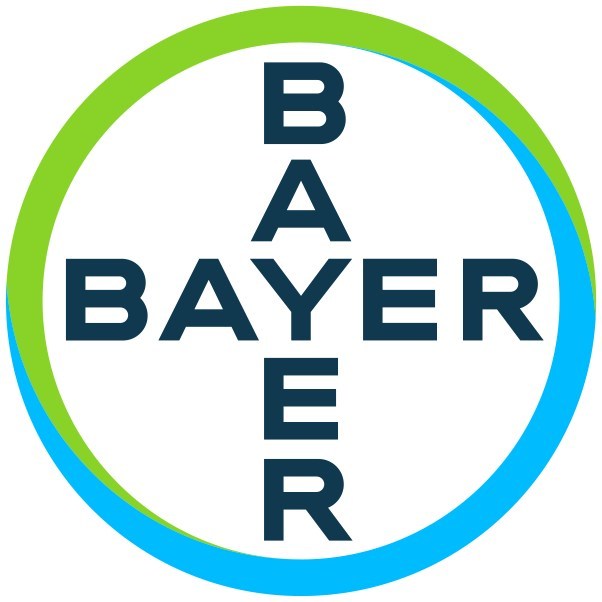FDA approves first gene therapy for high-risk, non-muscle-invasive bladder cancer
FDA approves first gene therapy for high-risk, non-muscle-invasive bladder cancer
Today, the FDA approved Ferring Pharmaceuticals’ Adstiladrin (nadofaragene firadenovec-vncg), a non-replicating adenoviral vector based gene therapy indicated for the treatment of adult patients with high-risk Bacillus Calmette-Guérin (BCG)-unresponsive non-muscle-invasive bladder cancer (NMIBC) with carcinoma in situ (CIS) with or without papillary tumors.
“This approval provides healthcare professionals with an innovative treatment option for patients with high-risk non-muscle invasive bladder cancer that is unresponsive to BCG therapy,” said Peter Marks, M.D., Ph.D., director of the FDA’s Center for Biologics Evaluation and Research, in an FDA news release. “Today’s action addresses an area of critical need. The FDA remains committed to facilitating the development and approval of safe and effective cancer treatments.”
Treatment and care of patients with high-risk NMIBC, including those with carcinoma in situ, or CIS (abnormal cancer cells found in the place where they first formed and that have not spread to nearby tissue), often involves removing the tumor and the use of BCG to reduce the risk that the cancer will recur. Few effective treatment options exist for patients who develop BCG-unresponsive disease.
Adstiladrin is administered once every three months into the bladder via a urinary catheter. The most common adverse reactions associated with Adstiladrin included bladder discharge, fatigue, bladder spasm, urinary urgency, hematuria (presence of blood in urine), chills, fever, and painful urination. Individuals who are immunosuppressed, or immune-deficient should not come into contact with Adstiladrin.
This application was granted Priority Review, Breakthrough Therapy, and Fast Track designations.
Source: FDA news release




 Reuters
Reuters



